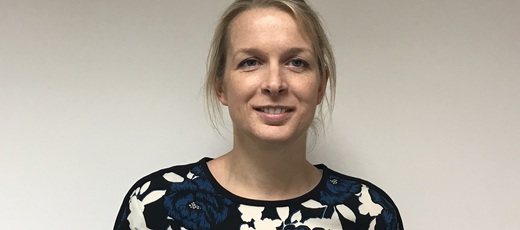My studies demonstrate the value of a person-centred approach

After several years working as an employment advisor, I took the plunge and decided to go back to university to train as an Occupational Therapist. I have been very lucky to be able to continue my work with Twining on a part time basis whilst studying and have recently began working in a different project in Haringey.
In my first year of study I have been learning about some of the academia that supports occupational therapy, including people’s motivation to want to achieve their goals and why taking a person-centred approach is so important.
One case study we looked at really stayed with me; it was about a gentleman who had had his leg amputated. As a result he had to finish working in his job as a plumber and was receiving therapy and getting adaptations undertaken to ensure that he was able to stay in his own home. However, assessments kept showing that his quality of life and mental health were declining.
On further exploration there had been so much focus on keeping the client in his home, that his lost job as a plumber had been forgotten, yet had turned out to be more important to him than being able to stay in his house. For me, this emphasises the importance, of the client-centred approach that Twining have always taken. The client-centred approach would have identified his fears and concerns about losing his role as a plumber as a priority and could have better supported him in a tailored work transition during this challenging time in his life.
In my job as an Employment Specialist at Twining, it is my job to realise the goals of my clients as identified by them and to help overcome any obstacles along the way. I have never been hugely academic but it has been interesting learning about the different research and studies that have taken place in regards to people’s occupations – whether it be employment, life roles or activities of daily living – and how it is being able to participate in these occupations that can lead to a fulfilling and healthy life. We do not know what might happen in life and when one or more of our purposeful occupations might become more difficult or be taken away from us.
Studying this subject has made me realise, even more, the importance, of having support and services available like Twining. When barriers are presented in life, it can sometimes take that extra bit of support to help someone through and to continue with their meaningful occupations, such as employment.




